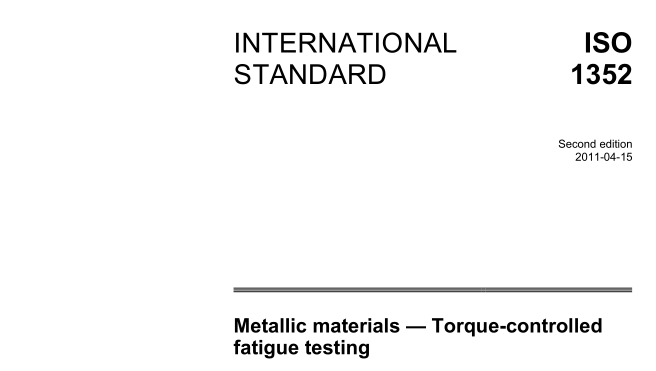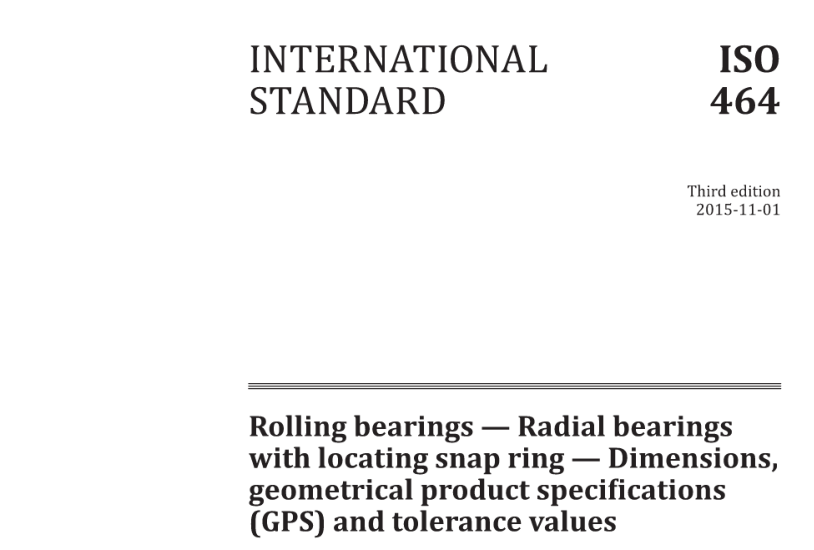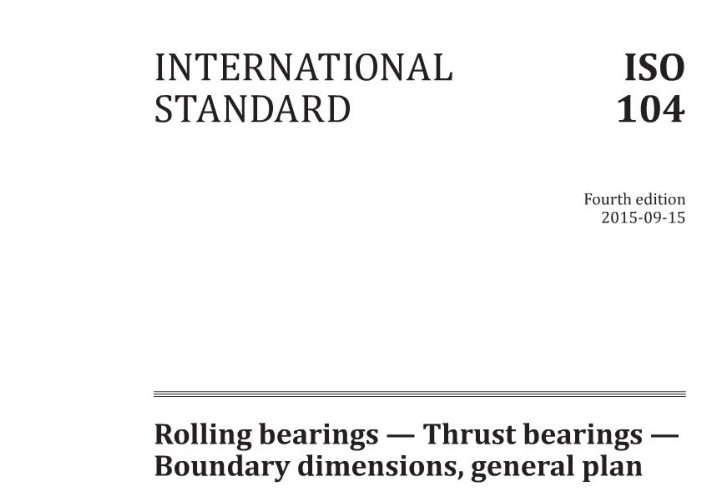This International Standard specifies the conditions for performing torsional, constant-amplitude, nominally elastic stress fatigue tests on metallic specimens without deliberately introducing stress concentrations. The tests are typically carried out at ambient temperature in air (ideally at between 10 °C and 35 °C) by applying a pure couple to the specimen about its longitudinal axis.
While the form, preparation and testing of specimens of circular cross-section and tubular cross-section are described in this International Standard, component and other specialized types of testing are not included.Similarly, low-cycle torsional fatigue tests carried out under constant-amplitude angular displacement control, which lead to failure in a few thousand cycles, are also excluded.


